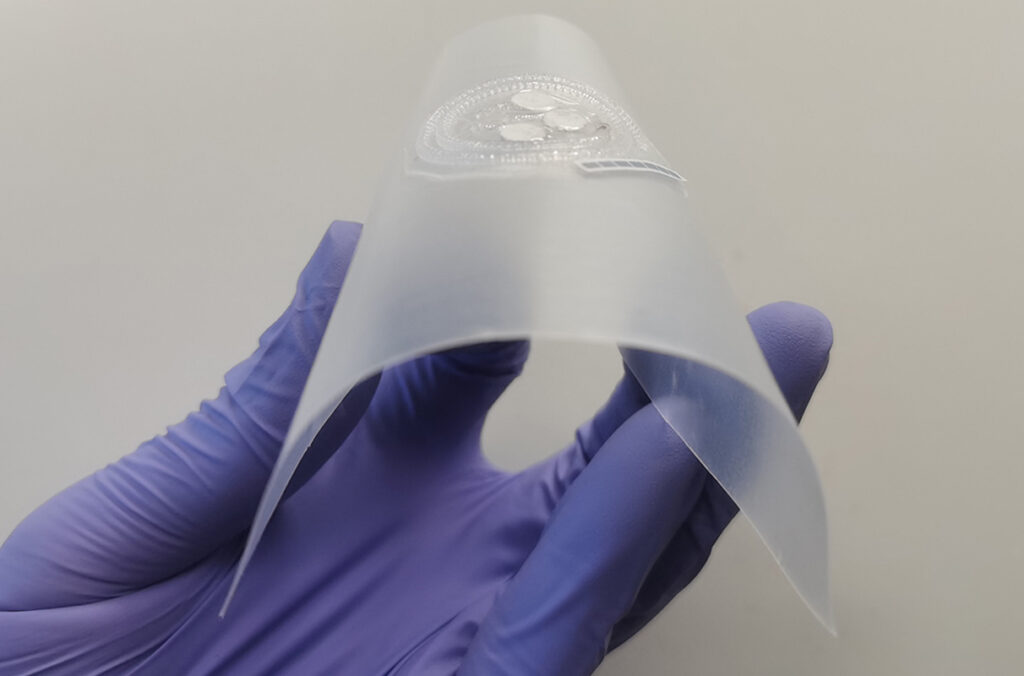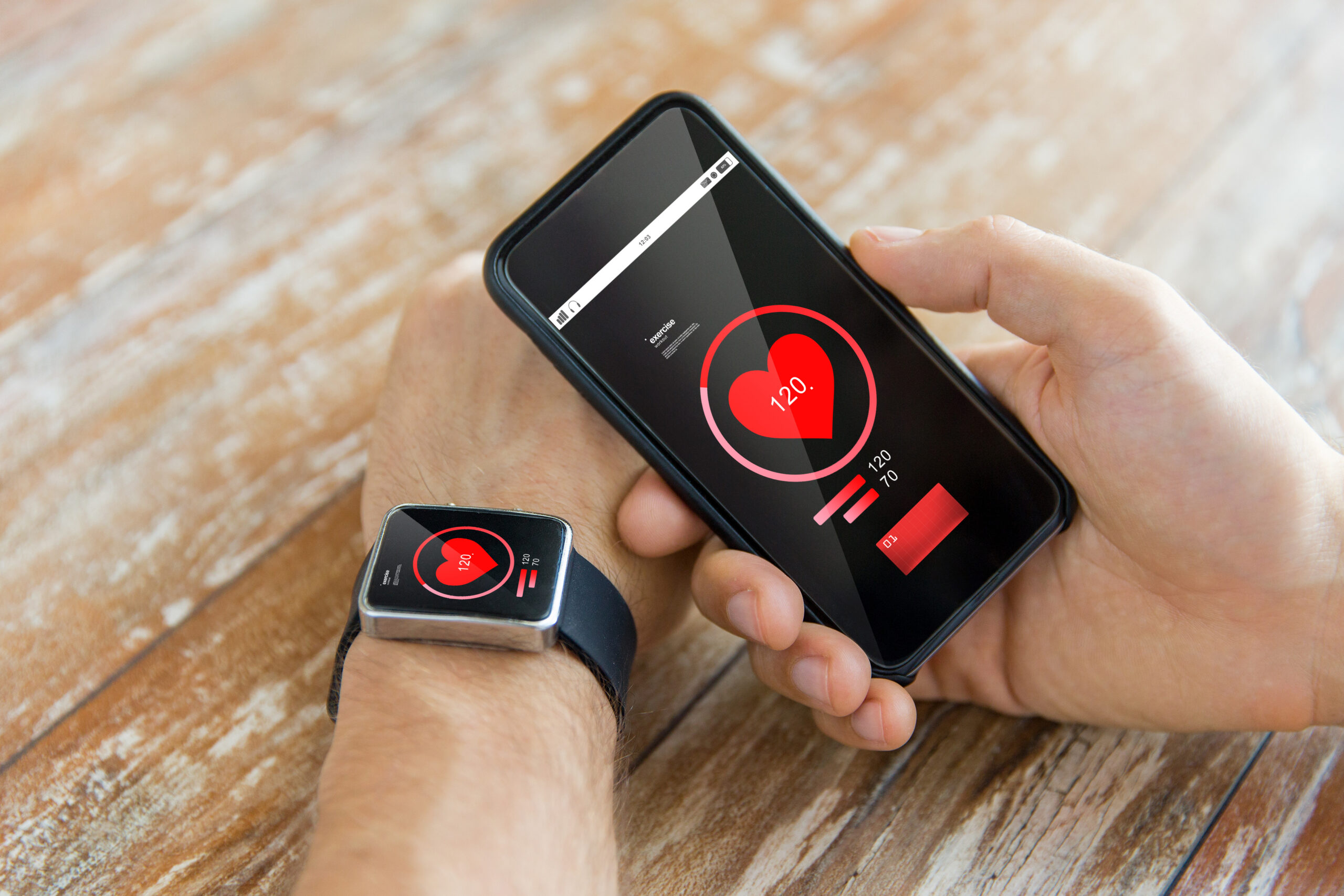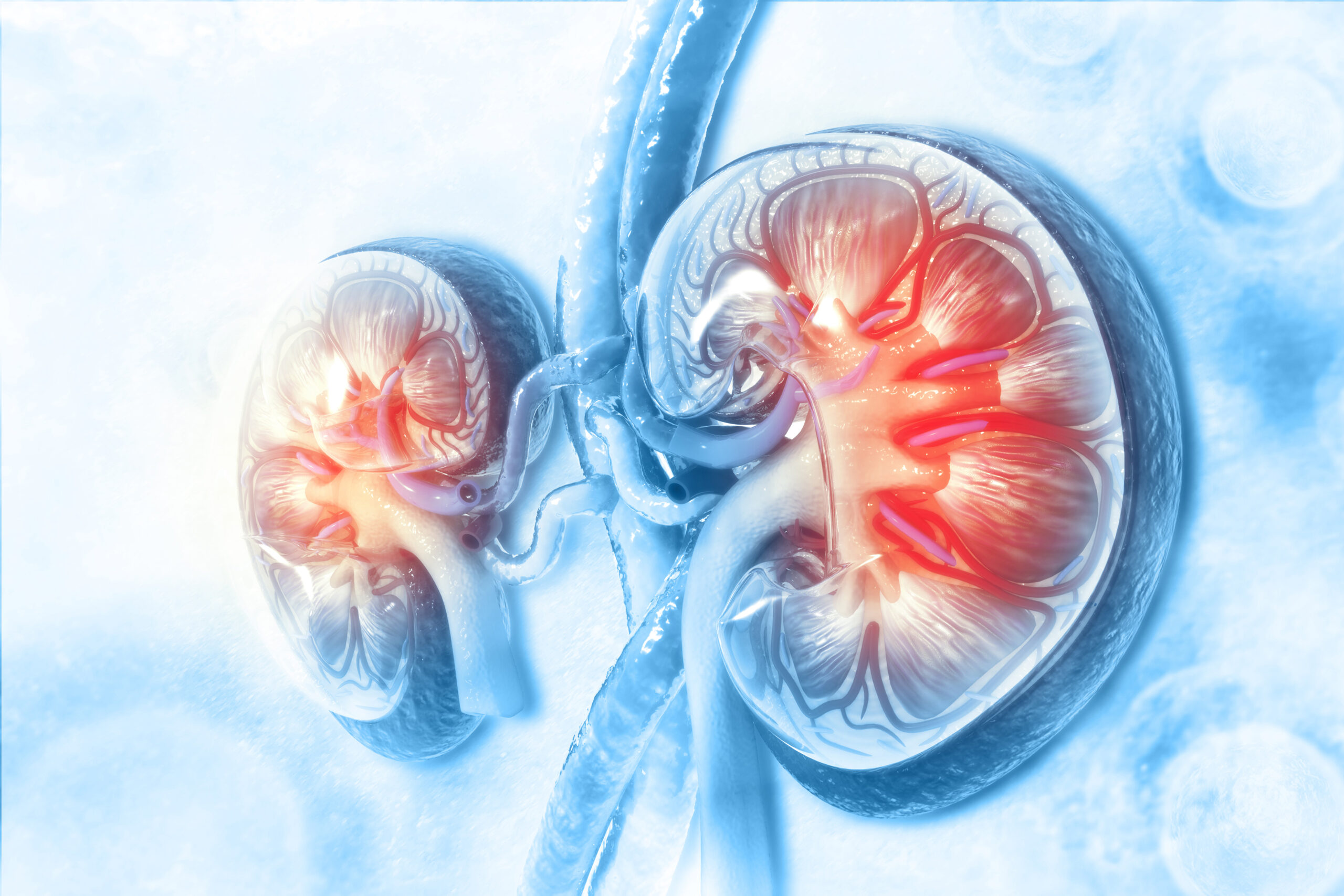Wearables: Sweat Tech Health Monitor
Image: The health monitor is flexible and designed to be comfortable to wear. Credit: Washington State University. A wearable health monitor developed at Washington State University (WSU) is reported to reliably measure levels of important biochemicals in sweat during physical exercise. The report published in the journal ACS Sensors also suggests that the wearable can …











